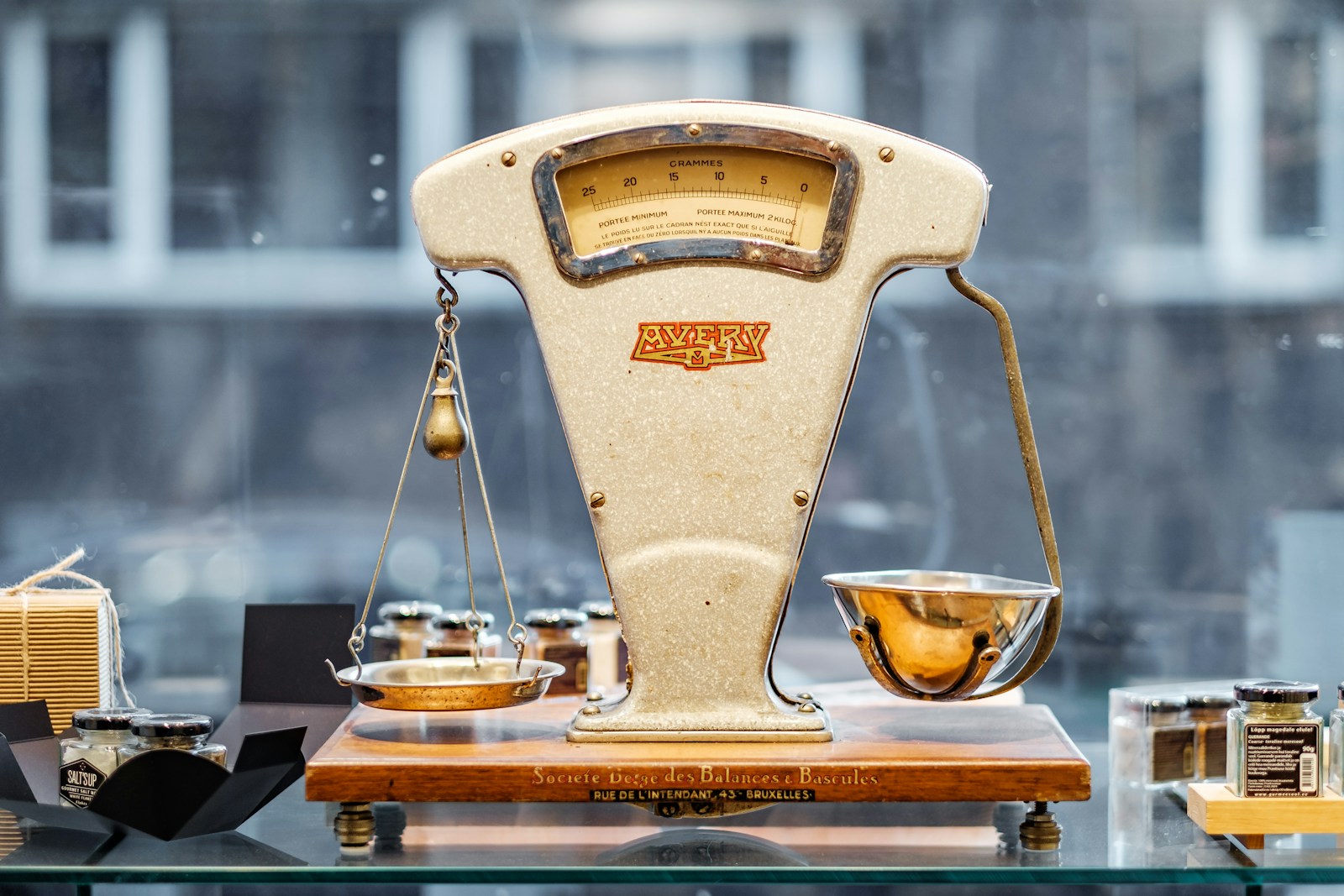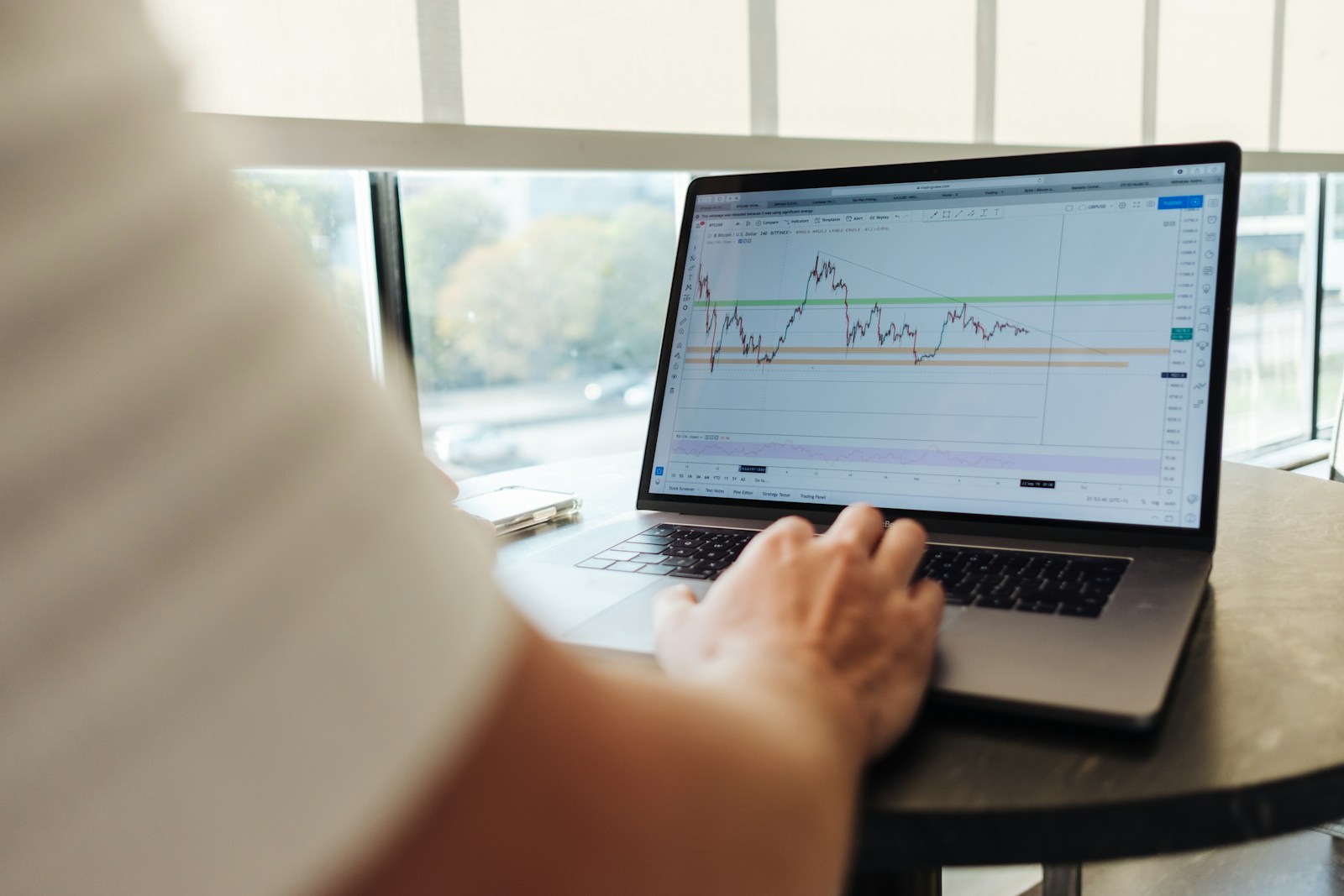Starting a trading journey can be both exciting and daunting. The lure of financial freedom and success often tempts new traders to dive in headfirst, risking significant capital in hopes of quick returns. However, this approach can lead to costly mistakes and emotional overwhelm. Starting small, on the other hand, is a powerful and psychologically sound strategy that allows traders to build confidence, develop skills, and mitigate unnecessary risks.
This article explores why starting small is essential for long-term trading success, the psychological benefits it provides, and practical tips for adopting this approach.
Why Starting Small Matters in Trading
1. Minimized Financial Risk
Trading is inherently risky, especially for beginners who are still learning the ropes. Starting with a small amount of capital limits your exposure to significant losses while you gain experience.
2. Room for Mistakes
Mistakes are inevitable in trading, especially in the early stages. Starting small provides a low-stakes environment where you can learn from errors without jeopardizing your financial stability.
3. Focus on Skill Development
With smaller stakes, your focus shifts from chasing profits to honing your trading skills, such as analyzing the market, following a plan, and managing risk effectively.
4. Reduced Emotional Pressure
Trading larger sums often triggers intense emotions like fear and greed, leading to impulsive decisions. Starting small helps you stay calm and disciplined as you adapt to the psychological demands of trading.
The Psychological Benefits of Starting Small
1. Building Confidence Gradually
Jumping into trading with a large account can be intimidating, especially when losses occur. Starting small allows you to build confidence incrementally, celebrating small wins and learning from minor losses.
2. Developing Emotional Resilience
Trading small amounts helps you experience the emotional highs and lows of the market in a manageable way. This gradual exposure strengthens your ability to stay composed during volatile periods.
3. Focusing on the Process, Not Profits
When trading with a small account, the emphasis naturally shifts from making money to executing trades properly. This focus on process over profit is key to long-term success.
4. Avoiding Overconfidence
Starting small keeps your ego in check. Even if you experience a winning streak, the modest stakes help prevent overconfidence that can lead to reckless decisions.
Common Barriers to Starting Small
1. Impatience
Many new traders are eager to make significant profits quickly. This impatience can lead to over-leveraging and excessive risk-taking.
2. Fear of Missing Out (FOMO)
Watching others post large profits can create a sense of urgency to "catch up," tempting traders to trade larger amounts before they’re ready.
3. Misunderstanding of Progress
Some traders equate small trades with insignificant progress, failing to see the value of steady improvement over time.
Practical Steps to Start Small in Trading
1. Begin with a Demo Account
Before risking real money, practice trading in a simulated environment. A demo account allows you to familiarize yourself with the market, test strategies, and develop confidence without financial risk.
2. Set a Modest Initial Capital
When transitioning to a live account, start with a small amount of money you can afford to lose. This removes financial pressure and allows you to focus on learning.
3. Trade Micro-Lots or Small Positions
If you’re trading forex or futures, consider using micro-lots or mini-contracts. For stock trading, invest in fewer shares per trade. This ensures that your potential losses remain manageable.
4. Stick to One Strategy at a Time
Instead of trying to master multiple strategies, focus on perfecting one approach with small trades. This simplifies your learning process and reduces confusion.
5. Set Realistic Goals
Avoid the trap of expecting massive profits right away. Instead, aim to improve your skills, follow your trading plan, and make incremental progress.
6. Track Your Progress
Keep a trading journal to document your trades, emotions, and lessons learned. This habit will help you identify strengths and weaknesses as you grow.
How Starting Small Prepares You for Bigger Success
1. Establishing Good Habits
Trading small gives you the opportunity to develop disciplined habits, such as sticking to your plan, managing risk, and staying patient. These habits will serve you well as you scale up.
2. Building a Strong Psychological Foundation
The emotional control you cultivate while trading small accounts makes it easier to handle larger sums in the future. You’ll be better equipped to manage stress, avoid impulsive actions, and stay focused on long-term goals.
3. Gaining Market Experience
Even with small trades, you’re gaining valuable experience in reading the market, interpreting trends, and executing trades effectively. This experience lays the groundwork for greater success as your confidence and capital grow.
4. Testing and Refining Strategies
Starting small allows you to test different strategies without significant financial risk. Once you find a consistently profitable approach, you can gradually increase your position sizes.
Overcoming the Temptation to Trade Big
1. Remind Yourself of the Risks
Reflect on the potential consequences of trading large sums without sufficient experience. A single mistake could lead to substantial losses that set you back significantly.
2. Celebrate Small Wins
Recognize the value of small victories, such as following your plan or improving your analysis. These achievements are stepping stones to larger success.
3. Focus on the Journey
Trading is a marathon, not a sprint. Remind yourself that consistent growth and learning will ultimately lead to greater rewards.
4. Learn from Successful Traders
Many seasoned traders emphasize the importance of starting small. Their stories of humble beginnings can inspire you to stay patient and committed to gradual progress.
Conclusion
In trading, starting small is not a sign of weakness—it’s a smart and psychologically sound strategy. By minimizing risk, focusing on skill development, and building emotional resilience, you lay a strong foundation for long-term success.
Remember, the goal isn’t to make a fortune overnight but to develop the discipline, knowledge, and confidence needed to thrive in the markets. Start small, stay patient, and let your growth as a trader guide you toward larger achievements in the future.
Start small today. Trade smarter tomorrow.









